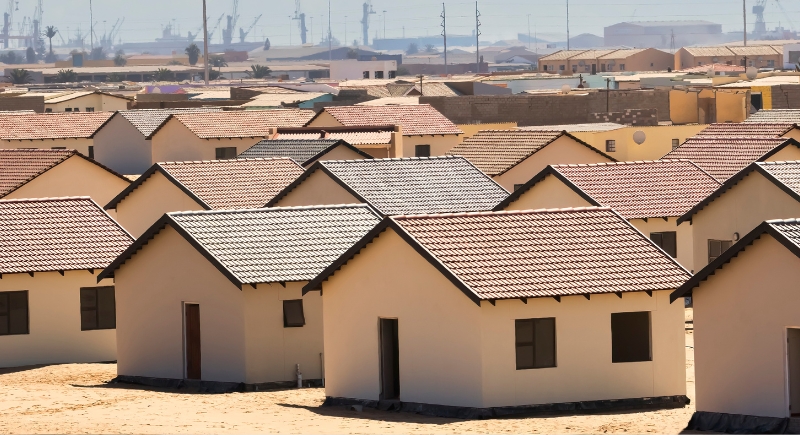The Little-Known Programs and Loopholes That Can Get You a House for Almost Free
Buying a home has a reputation for draining bank accounts, but it doesn’t always have to mean signing your life away on a 30-year mortgage. Some buyers have discovered little-known paths that bring the cost of a house close to zero, through government-backed programs or community creativity. There are even loopholes that favor investors.
Government Programs That Cut the Price

Image via Canva/IOFOTO
The U.S. Department of Housing and Urban Development (HUD) runs programs designed to make homeownership more attainable. The Good Neighbor Next Door program offers teachers, firefighters, EMTs, and police officers a 50% discount if they agree to live in the property for a minimum of three years. Local Public Housing Authorities also assist low-income residents, including down payment support and closing cost help. Meanwhile, the Federal Housing Administration insures loans that allow buyers to qualify with lower upfront costs.
For those looking at auctions, foreclosed or tax-defaulted homes are often listed at below-market prices. Some auctions sell to the highest bidder, others require a minimum bid, and some allow sellers to reject offers. The main trade-off is that properties are sold as-is, which can mean significant repair expenses. For buyers who can handle renovations, this path can save thousands compared to traditional listings.
Creative Approaches to Skip the Mortgage
Not every option involves government support. Community land trusts enable residents to collectively own the land, thereby lowering costs while allowing families to own their homes. This holds true for rural areas, too, where services such as carpentry or landscaping can be traded for housing agreements, as long as the contracts are clear.
Housing grants are another route. These non-repayable funds are available through federal, state, or local programs, and often target families with incomes below certain thresholds or veterans. The process requires detailed paperwork and patience, but the reward can be a home at a fraction of the usual cost.
Some nonprofits also refurbish and donate homes to applicants, often prioritizing those who are already actively involved in the community. Mobile homes are another affordable option, especially for individuals willing to undertake DIY renovations to make them feel more permanent.
Rental income can also cover a mortgage if long-term tenants are secured, though it creates new tax obligations and possibly higher property taxes. Success on that front also depends heavily on location and the level of competition.
Loopholes Hurting Affordable Housing

Image via Canva/poco_bw
While some programs are designed to make housing more affordable, other rules can have the opposite effect. One example is a tax code clause called the qualified contract provision. This rule allows landlords who built low-income housing with government tax breaks to back out of their promise to keep rents low.
After about 15 years, they can ask the state to find a new buyer willing to keep the apartments affordable, but the law uses a pricing formula that makes the building far too expensive for affordable-housing groups to purchase. When no buyer steps forward during the one-year window, the landlord can drop the rent limits and charge full market prices, years earlier than the program was meant to allow.
The impact has been massive. More than 115,000 apartments have lost affordability protections nationwide. In Phoenix, a 264-unit complex bought for under $20 million was resold for $63 million only two years later, and advertised rents increased by about half. Some developers argue that this creates more options for middle-income renters, but critics contend that tenants in need are displaced while investors reap enormous profits.
Staying Smart About “Free” Homes
Each approach comes with fine print that can trip people up if they aren’t careful. Before moving forward, it’s important to make sure the property has a clear title, meaning there are no hidden liens or ownership disputes. Buyers should also have an attorney review all legal agreements so they understand the exact terms, restrictions, or deadlines tied to the property. On top of that, many of these homes need work, so factoring in renovation costs — from basic repairs like plumbing and wiring to larger upgrades that bring the property up to code — is essential.